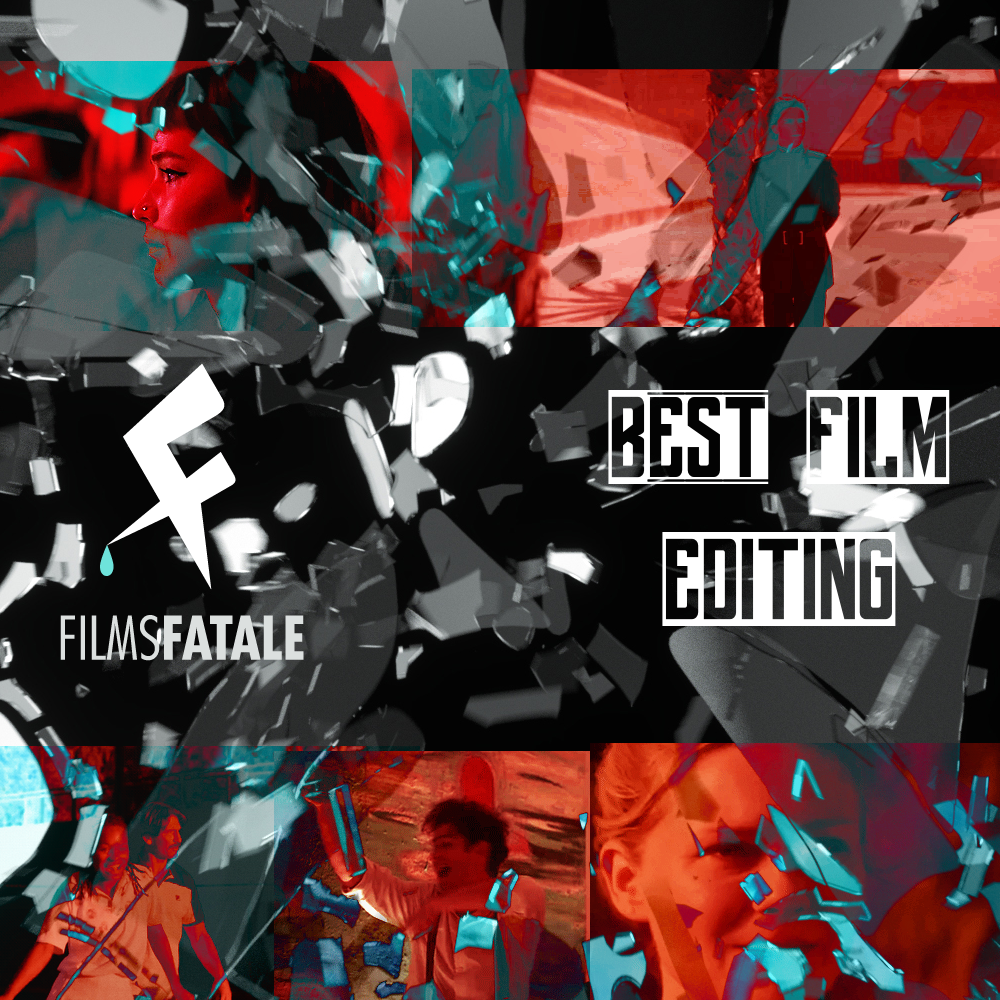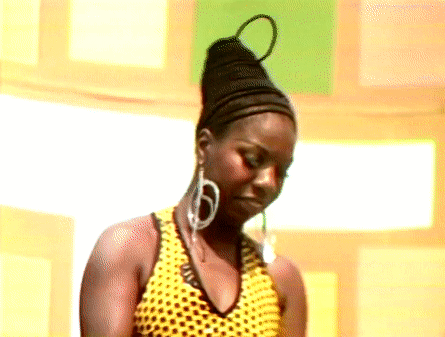Best Film Editing: Ranking Every Oscar Nominee
Written by Andreas Babiolakis
Let’s jump right into the Best Film Editing category, which I think is particularly stacked this year. I feel like the five films chosen by the Academy are tightly made, utilize editing rather strongly, and are paced exactly as they need to be. I’ll be ranking the five works by how well these films connect the footages that they’re compiled of, how effective their pacing and dynamics are, and how much information is given with each cut (why do we start each shot where we do, and why does the previous one end where it does?). Again, these five films are actually quite strong this year for different reasons (some flashier than others), so this wasn’t the easiest ranking thus far. Here are your nominees.
Biggest Snub: Summer of Soul (…Or, When the Revolution Could Not Be Televised)-Joshua L. Pearson
If I could place one more film here, I feel like Summer of Soul was the biggest oversight of this category. Considering the amount of footage that was waded through and pieced together to make this gorgeously seamless event, I think Summer of Soul is quite a miracle of an achievement. Not many documentaries get nominated outside of the documentary categories, especially for something like editing (unless you worked on Woodstock, of course), but I think Summer of Soul would have been a worthwhile exception here.
5. The Power of the Dog-Peter Sciberras
Placing The Power of the Dog last hurts, because it is such a meditative experience: you aren’t watching the editing for the amounts of splices, but rather the opposite, as scenes are given a chance to breathe and crawl into your bones. I think this alone warrants some acknowledgement, because something like The Power of the Dog could have been a bore at its pacing. With its fluid sense of film editing, it instead becomes transcendental, and that’s much more likeable.
4. King Richard-Pamela Martin
King Richard’s editing is much more traditional than other nominees here, but what prevents it from being placed last are the occasional moments where the film’s compilation work truly shines, including montages, actual tennis matches being made to feel in-your-face, and more. I’ve said since it first came out that King Richard is as good as a straight forward and conventional film can be, and part of that is because it pushes itself where it counts. In the case of its editing, it feels strong enough to warrant being amidst these strong peers.
3. Don’t Look Up-Hank Corwin
Like any of the recent Adam McKay films, frequent collaborator Adam Corwin helped elevate Don’t Look Up from a scathing American satire into a collage of pop culture anxieties and overwhelming stimulation (which works perfectly, given the subject matter). Don’t Look Up is a little more focused in terms of what is being juxtaposed, but it isn’t any less manic. At its most orthodox, Don’t Look Up still shows us exactly what we need to see when we need to see it. The film is a bit overlong, but that’s more of a story-writing and direction problem than it is one to pin on Corwin, who assembled what he had as cohesively as he could.
2. Dune-Joe Walker
There’s a bit of a waltz being done with Dune’s editing. On one hand, it feels rather sharply assembled, with cuts every so often, and a large sense of dynamic darting of images. On the other hand, Dune still feels gradually paced and blessed with breathing room and scope. You can admire everything and take in a gargantuan amount of information and ambition whilst not feeling like any part of the film overstays its welcome (and, keep in mind, this is a nearly three hour affair). Dune’s editing is the kind that is so good that you barely even notice it, and sometimes this is the best editing of all.
1. tick, tick… BOOM!-Myron Kerstein and Andrew Weisblum
As strong as the other nominees are, I have to award tick, tick… BOOM! as the best edited film of this group. It’s impossible not to, in my opinion. The film bounces back and forth between what are the “cinematic” portions and the “stage” sequences, so you get the bliss of the production while you leap into Jonathan Larson’s stories mid monologue. That’s only half of the story here. tick, tick… BOOM! otherwise dances with us, as the cuts line up so effortlessly with the music that graces this picture, and we’re given downtime exactly when needed. No question about it: tick, tick… BOOM! is exquisitely edited.
Who I want to win: I’d be fine with any nominee here winning, but I’m obviously rooting for tick, tick… BOOM! and its powerhouse exhibition of masterclass editing.
Who I think will win: Given that the year is 2022, and Dune is present, you can safely assume that Dune will win a vast majority of these tech and production awards. I’m picking Dune, and I can honestly see only two other possible dark horses: The Power of the Dog if the film goes on a Best Picture sweeping tear, or tick, tick… BOOM! if promoters and voters give up on trying to get Andrew Garfield to beat Will Smith and place all of their efforts here instead. For now, Dune is the one to beat.
Tune in Monday for our next Academy Award category! We’re reviewing every single nominee on every weekday.
Andreas Babiolakis has a Masters degree in Film and Photography Preservation and Collections Management from Ryerson University, as well as a Bachelors degree in Cinema Studies from York University. His favourite times of year are the Criterion Collection flash sales and the annual Toronto International Film Festival.









